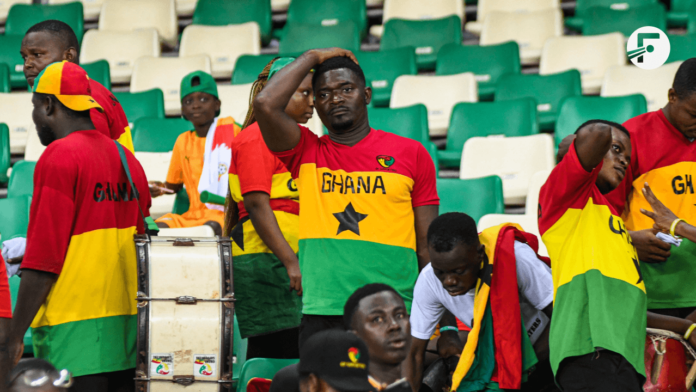Between the last two editions of the Africa Cup of Nations and the 2022 FIFA World Cup, Ghana have won just one game, lost five, and picked up just six points altogether in nine matches.
That is quite a drop-off for a team that reached the semi-finals of each AFCON between 2008 to 2017, as well as the 2010 World Cup quarter-finals.
Unsurprisingly, then, the Black Stars have fallen from breaking into the top 15 of the FIFA rankings in 2008 to outside the top 60 at the moment. They have particularly slumped in the last five years, which they have spent around the #50 mark.
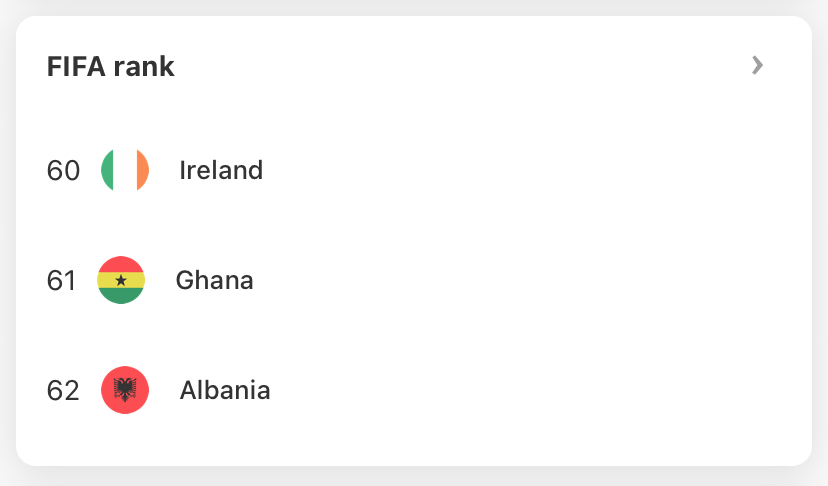
Sometimes, such a drop-off at the international level can be explained by a talent/player quality deficit. This can especially be the case for nations with smaller populations, but Ghana cannot be classified as such. If anything, one might argue that their overall squad and XI quality has gone up in the last decade or so.
To illustrate that, let us take a look at a couple of line-ups. Here is the XI that fell short on penalties against Uruguay at the 2010 World Cup (pre-FotMob ratings).
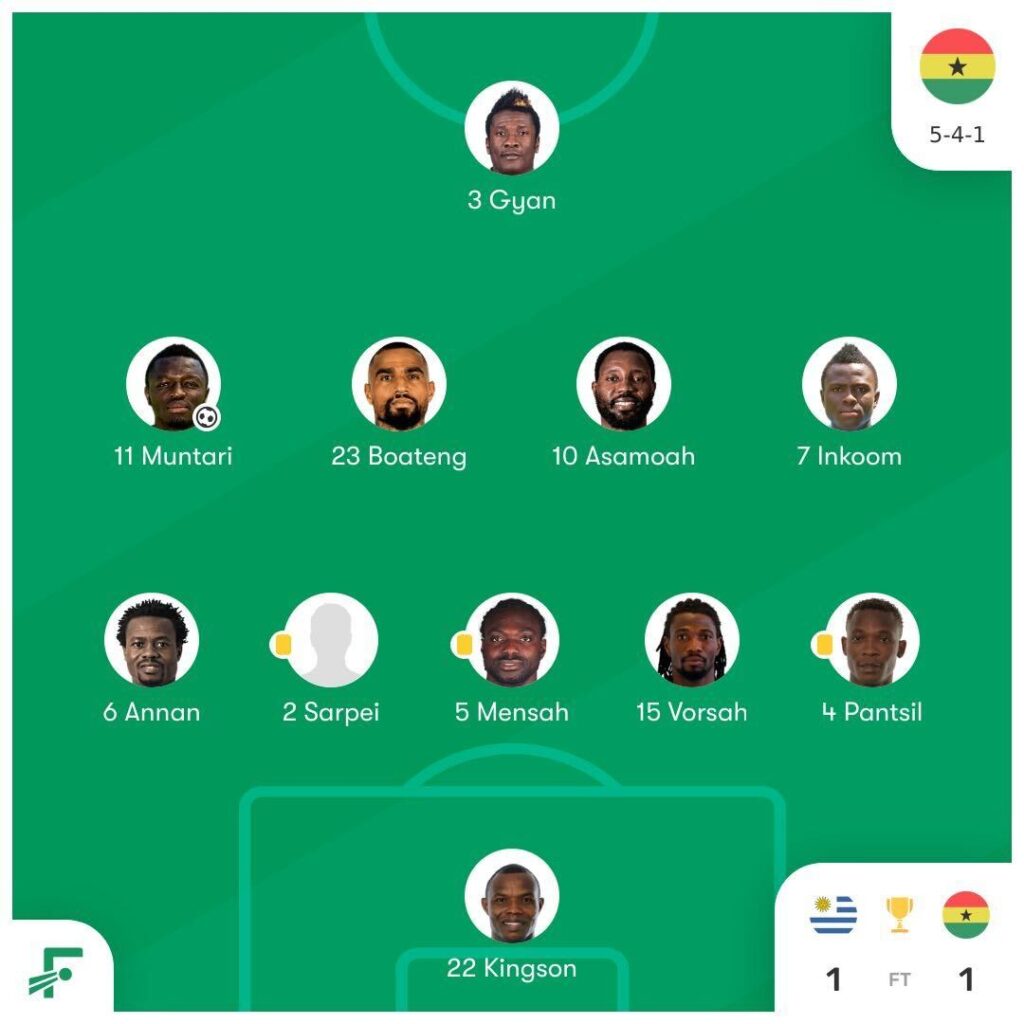
And this is their last line-up which suffered the shock AFCON 2023 elimination by conceding twice in stoppage-time against Mozambique.
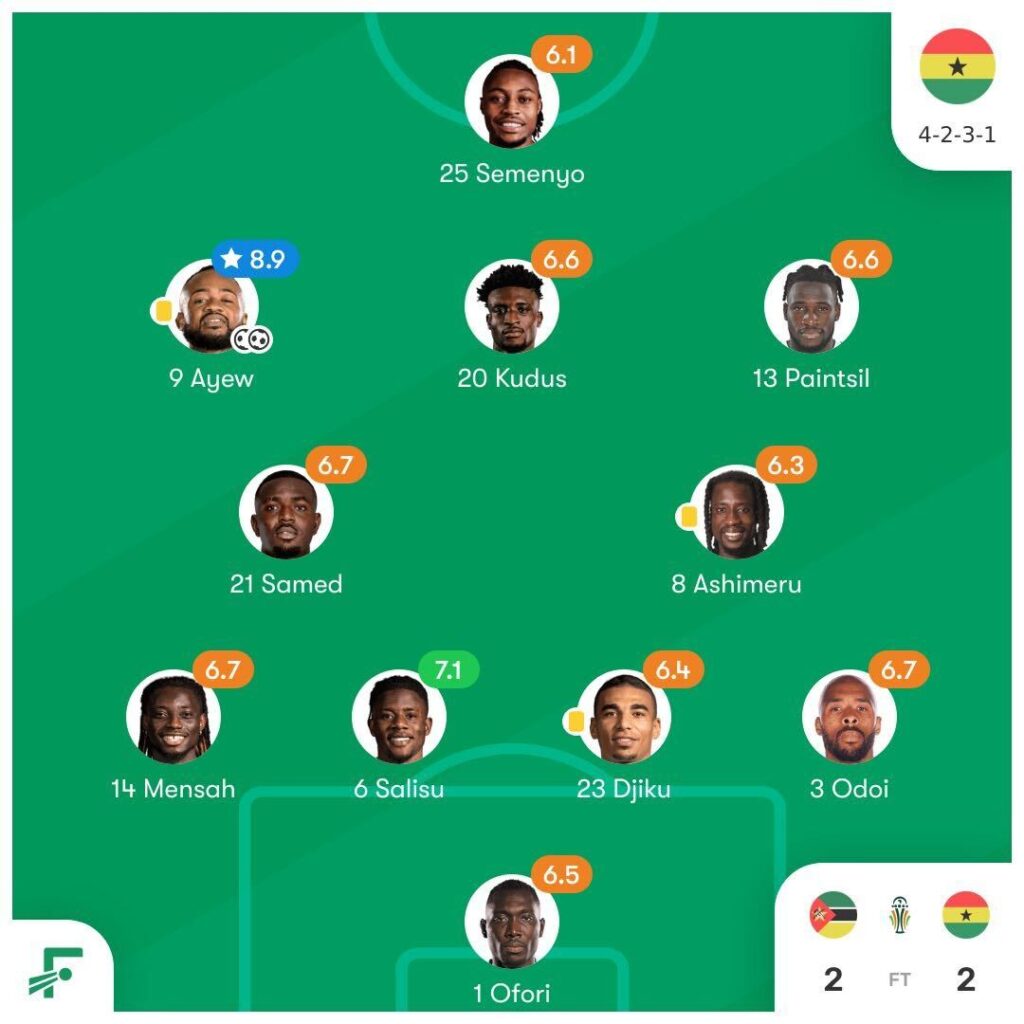
Of course, it is very tough to properly compare teams across decades, but it is also worth noting that the second line-up does not appropriately illustrate the quality of the squad and talent pool. The bench had names such as Ernest Nuamah and Iñaki Williams, while the likes of Tariq Lamptey, Kamaldeen Sulemana and Thomas Partey did not make the squad.
Meanwhile, 34-year-old striker André Ayew – who was without a club for a good part of 2023 – appeared in two of their three matches at this AFCON including the disastrous second half against Mozambique. These are some very questionable selection decisions, but even accounting for them, it can still be said that Ghana’s near 50-place-plummet in the FIFA rankings cannot be chalked up to any major drop-off in player quality.
So what does explain this? A very big part of the answer has to be the head coaches. Ghana have been led by a new coach in each of their last three major tournaments. Milovan Rajevac oversaw the winless AFCON 2021 group stage exit, Otto Addo managed to register one win but still watched his side bow out of the World Cup group stage, and it was Chris Hughton at the helm this time.
From a tactical point of view, all three of them have suffered big problems in the same department – the midfield. The first two were guilty of being too top-heavy in their line-ups and neglecting the midfield, which made the team quite disjointed in possession as the defence and attack were not sufficiently connected. In addition to that, they would also be very susceptible to counterattacks as the back line had very little protection.
This is illustrated by the fact that Ghana had the fifth-worst xG conceded per match average at the World Cup – even worse than hosts Qatar. The only stat in which they topped was clearances, which just goes to show how often they were forced to defend deep due to an almost non-existent midfield at times.
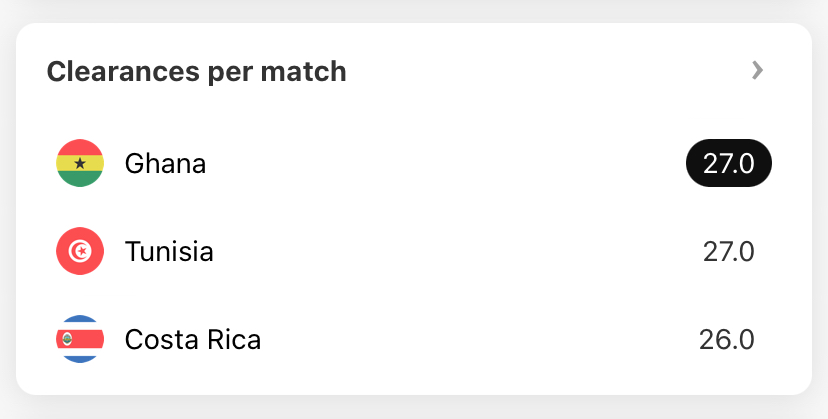
Chris Hughton would have closely noted Ghana’s issues at the World Cup because he was their technical director at the time, and his next decision was to sack the head coach and appoint himself in his place. The ex-Brighton manager stuck to the 4-2-3-1 formation and a very similar squad for this AFCON, but his fault was perhaps overcorrecting the aforementioned issues.
As opposed to giving his midfielders too much license to move around, Houghton restricted his double pivot into very deep positions even when the team had the ball. The full-backs and wingers were instructed to stay quite wide on the wings, meaning that there was acres of space left in the middle for just one man to work with. Granted, that player was perhaps their most dangerous and talented attacker in Mohammed Kudus, but pinning all attacking responsibility to just one individual is not a prudent approach to take with a team of Ghana’s quality.
So, Ghana lost the first match against Cape Verde which Kudus was not available for. He did bail them out with a brilliant brace against Egypt (who can also be said to have similar issues of overreliance on one individual), but could not save the day against Mozambique.
That final match highlighted another one of Ghana’s issues – outright poor defending. Although they had some pretty solid individuals in the side such as Salis Abdul Samed and the centre-back pairing of Alexandre Djiku and Mohammed Salisu, the team looked quite panicked when they dropped very deep (which is what they did with a lead in all their matches) and these players then made some uncharacteristic mistakes.
On the whole, Ghana conceded the third-highest xG tally in the AFCON 2023 group stages. They say defence can win titles, so the Black Stars were missing the most fundamental ingredient to success.
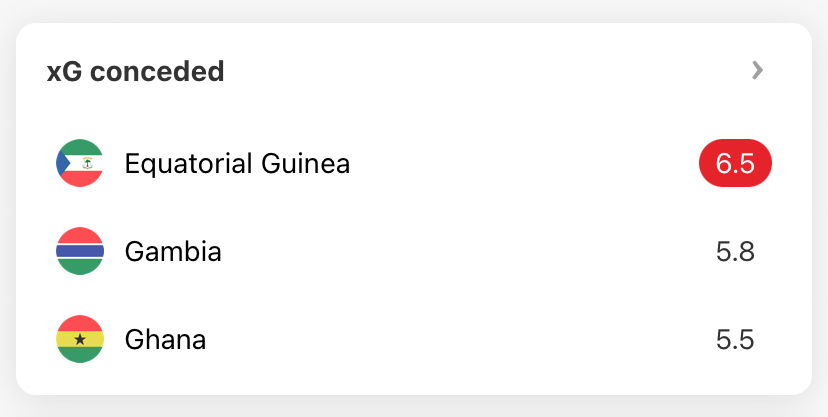
Unsurprisingly, Hughton and Ghana’s entire technical team have been sacked on the back of this latest disastrous result. They clearly have the squad player quality to do much better than they have done in recent years, so the Black Stars must start from scratch in terms of their administrative structure.
Ghana must aim to build a set-up that can maximise the talent they have at their disposal. Their selection processes and tactical decisions are in need of a refresh, so the decision-makers at the GFA need to ensure that they do not repeat the mistakes they have previously made in order to put an end to this rotten run.

